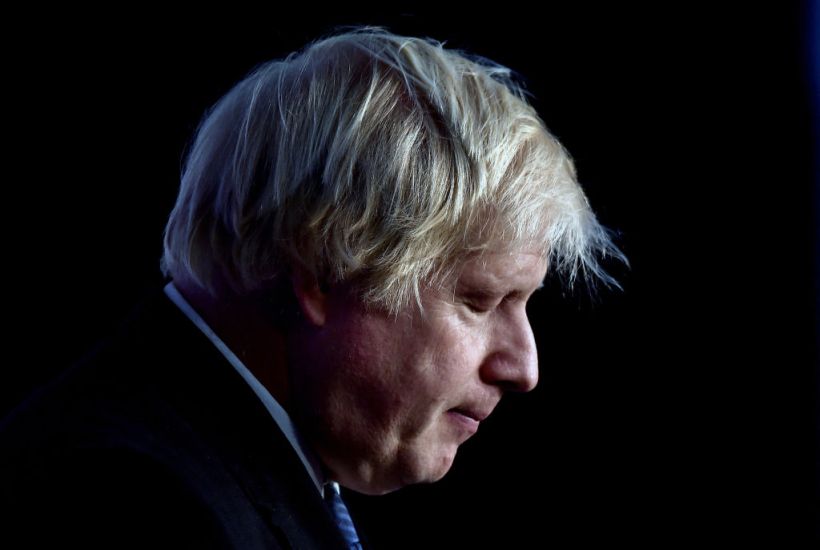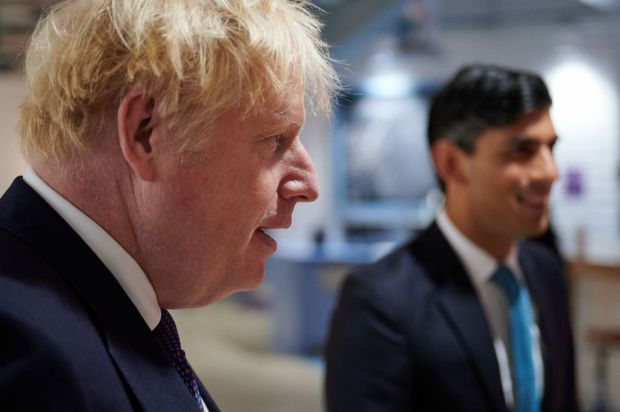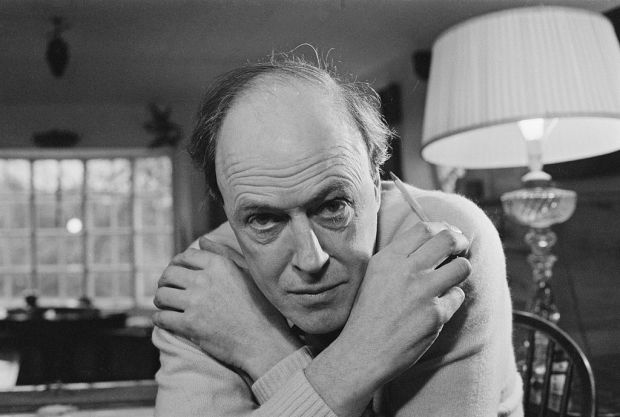Boris Johnson has always been an enthusiastic proponent of the long unfashionable ‘great man’ theory of history. As he argued in his short biography of Winston Churchill, Churchill was a living refutation of the notion that great men and women are just ‘meretricious bubbles on the vast tides of social history’, a ‘withering retort to all that malarkey. He, and he alone, made the difference’.
Boris’s own downfall is a magnificent demonstration – though perhaps not of the sort he would have hoped for – that he was onto something. Character does make a difference. It wasn’t ‘events, dear boy, events’ that did for him – though heaven knows he was rocked by a few of those. Everything he got wrong, in the end, came down to defects of character: he dithered over difficult decisions because he wanted to be loved; he hadn’t the patience to get across important detail; he put himself and his unregulated appetites first; and when the threat arose of having to take responsibility for anything, his reflex was always to tell a fib.
It seems to me that the qualities which made him a successful journalist and an entertaining companion are the same qualities that made him such a disaster in high office.
These judgments are not offered in a spirit of personal animosity. Boris was a great colleague to have when I worked with him in the before-times. He is a likeable man, and if he’s not trying to pinch your girlfriend a good one to have on side. It seems to me that the qualities which made him a successful journalist and an entertaining companion – the charm, the showing off, the capricious switches of position, the appetite for jokes, the basic unseriousness – are the same qualities that made him such a disaster in high office. There’s a semi-plausible case – if you buy the idea he campaigned for Brexit hoping and expecting to lose – that they were the same qualities that brought him to office in the first place.
Character, in this case, was destiny; and it was a negative destiny for Boris because his character did not, as he hoped, resemble Winston Churchill half so much as it did Billy Bunter. I think you can make a version of the same judgement when it comes to the other season-finale of this week, Donald Trump.
The Donald, whatever else you may say about him, is a very singular and eccentric person. Vast and impersonal historical forces may have played a role in his rise, but vast and impersonal historical forces didn’t put two dozen boxes of ultra-top-secret military secrets in a higgledy-piggledy pile in the mad downstairs loo of a crazy cut-price Versailles in Florida. And has Vladimir Putin’s personal psychology had a whip-hand in creating the dysfunctional and paranoid shape of the Russian state, and in both the fact and the conduct of its ‘special military operation’ in Ukraine? You would have to think so.
My tentatively offered take, for what it’s worth, is this. The great man theory held sway in an age when we thought of history as a Sellar-and-Yeatman succession of kings and queens and mighty generals. And in its crude Carlylean form, it was obviously wrong. The twentieth century rightly saw a backlash against it, informed by various Marxisms, the growing understanding of statistics and the rise of more sophisticated sociologies and economics. The price of bread, rather than the bad king, was the most reliable indicator of revolution being round the corner. It wasn’t that the Kaiser was kind of a dick, said AJP Taylor: what kicked off the Great War was actually railway timetables. Impersonal forces brought Hitler to power, ran the new theory, and he was just the front-man.
The original ‘vast impersonal historical forces’ school of thought rose in an age when there was a more or less deterministic view of the universe, though. If our datasets were vast enough, it implied, we could capture cause and effect clanking together like a billion billiard balls in Brownian motion. Aggregated across vast populations and stretches of time, individual agency – the ricochet of a single billiard ball – was really neither here nor there.
Last week I interviewed the complexity scientist Peter Turchin for our Book Club podcast, who started out examining beetle populations before moving on to humans. His new book End Times: Elites, Counter-Elites and the Path of Political Disintegration argues, essentially, that when complex societies go wrong it’s always the same things to blame. You get too many people qualified for elite roles fighting for too few places at the top table; and you have life getting crappier for the ordinary schmoes. Disaffected ‘elite aspirants’ decide to smash up the system and disaffected proles become their cannon-fodder. You get populism, polarisation, a spike in political violence, and all the other good stuff we’ve been seeing in our own age – though Turchin spots them too in Rome, in the Europe of the Hundred Years War and in ancient China.
It’s a fascinating idea. You can recognise the generative power of these observations, by Turchin and his colleagues in the field of what he calls ‘cliodynamics’, about the forces that destabilise states. But those forces aren’t perhaps the whole story. In the age of chaos mathematics, cascade effects, butterfly-caused hurricanes and so on, I suspect there’s room for a synthesis. Small things, single billiard balls, in the post-Newtonian world, can affect big ones. Great men, by their flaws and deformities of personality – maybe more than by their conscious decisions – can send things off in quite unexpected directions.
And so it is with Mr Putin, with President Trump, and with our own Boris Johnson. Their personalities really have mattered. They are – using the term as an index of their weight in history, rather than their moral stature – ‘great men’. Speaking just for myself, though, I’d like to see some less great men given a chance next.
Got something to add? Join the discussion and comment below.
Get 10 issues for just $10
Subscribe to The Spectator Australia today for the next 10 magazine issues, plus full online access, for just $10.





















Comments
Don't miss out
Join the conversation with other Spectator Australia readers. Subscribe to leave a comment.
SUBSCRIBEAlready a subscriber? Log in